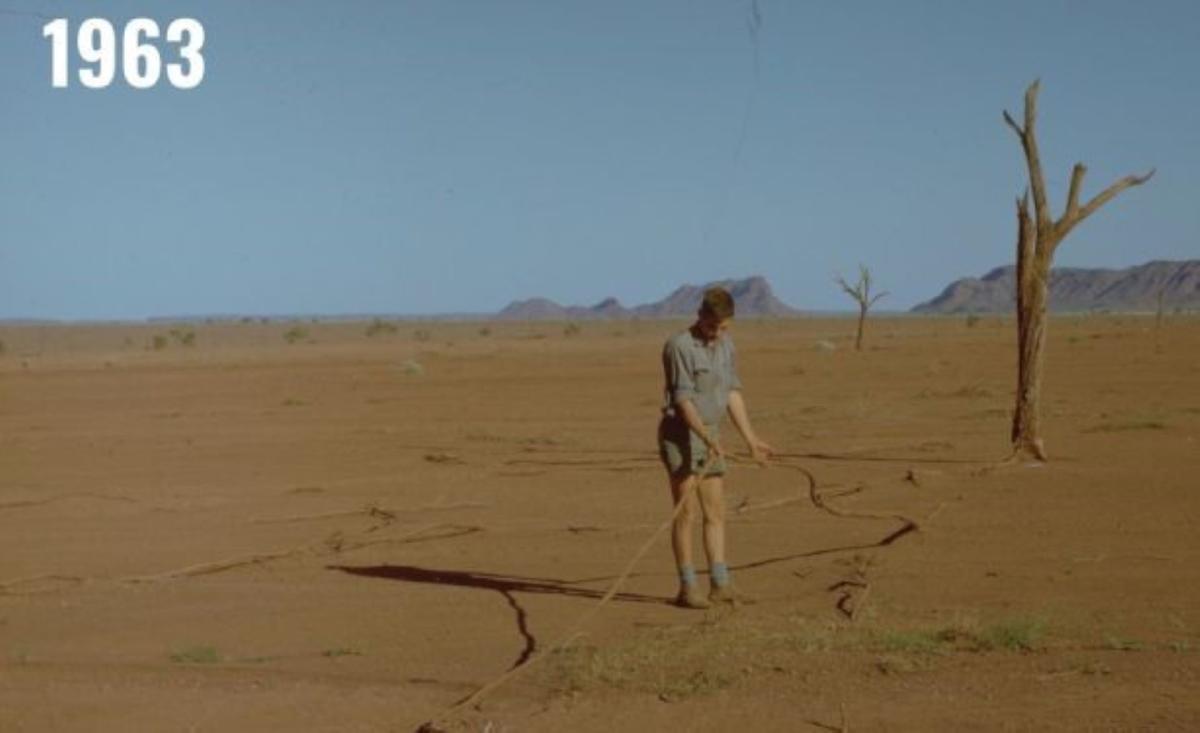the Department of Agriculture WA worked to fence off sections of the land so they could herd cattle and wild donkeys out of it to then reseed the area with buffelgrass, birdwood grass, and kapok bush.
Legend. Near where I live, just over the hill an hour, is land that has been utterly destroyed by sheep grazing. It’s so jarring going from world heritage rainforest to just these flat desolate grasslands with almost no biodiversity.
It’s been that way generations now, so people just think that’s how it should be, but the uncleared hills are lush forest. It’s a crying shame how we use land in this country.
It sounds like they are just going to put cattle back on the land again. Rinse and repeat?
The article says no, just that it should be capable of supporting “sustainable” grazing if that’s possible. But who knows?
I’ve been hearing about sustainable animal food as well, at least in the context of marine life. Counter-intuitively, avoiding overfishing results in more fish. It’s probably similar with farming…avoiding over-farming results in more and better quality cattle/milk.
I’m not a biologist, though, but I’m just guessing.
I am studying something related to biology, so I know something about this stuff. However, i am no expert either and there is some speculation in this comment.
Fish populations can grow at a certain rate. When there are very few fish, there are not enough fish to breed effectively. On the other hand, when there are too many fish, there is not enough food for everyone, leading to a smaller growth. Somewhere between this is the Maximum Sustainable Yield (MSY). This is the point where the growth in population is the highest. If you want to do fishing sustainable, you need to make sure that at the end of the season, there is exactly as much fish as the MSY needs. This way, there will be more new fish next year than otherwise.
However, if you catch too many fish, rhe population will drop below the MSY-treshold. This means that next year, there will be less newborn fish, which means you can’t catch nearly as much. If you continue overfishing, the population will very quickly die out. So after a few years of overfishing, there will barely be any fish left, which means that fishing sustainably leads to more fish in the end. It is a bit more complicated than this, and fish population depends on more factors, but this is the basic idea. This is what I know fairly certain.
I think the big difference between farming and fishing in this case is that with farming, you have less risk of the population dying out. Fishing is more like hunting: if you hunt too much Bison, they will die out. But with breeding cattle, the risk of cattle dying out is small.
There are a few other things though. If you farm crops unsustainably, the soil will lose its fertility, meaning you will in the end not farm as many crops, or you will need a lot of manure, which is not sustainable either.
On top of that, I believe I have heard some time ago, that sustainable farming does lead to better meat, but I may be mistaken I’m this.
Yeah, they should mine for lithium instead. /s




